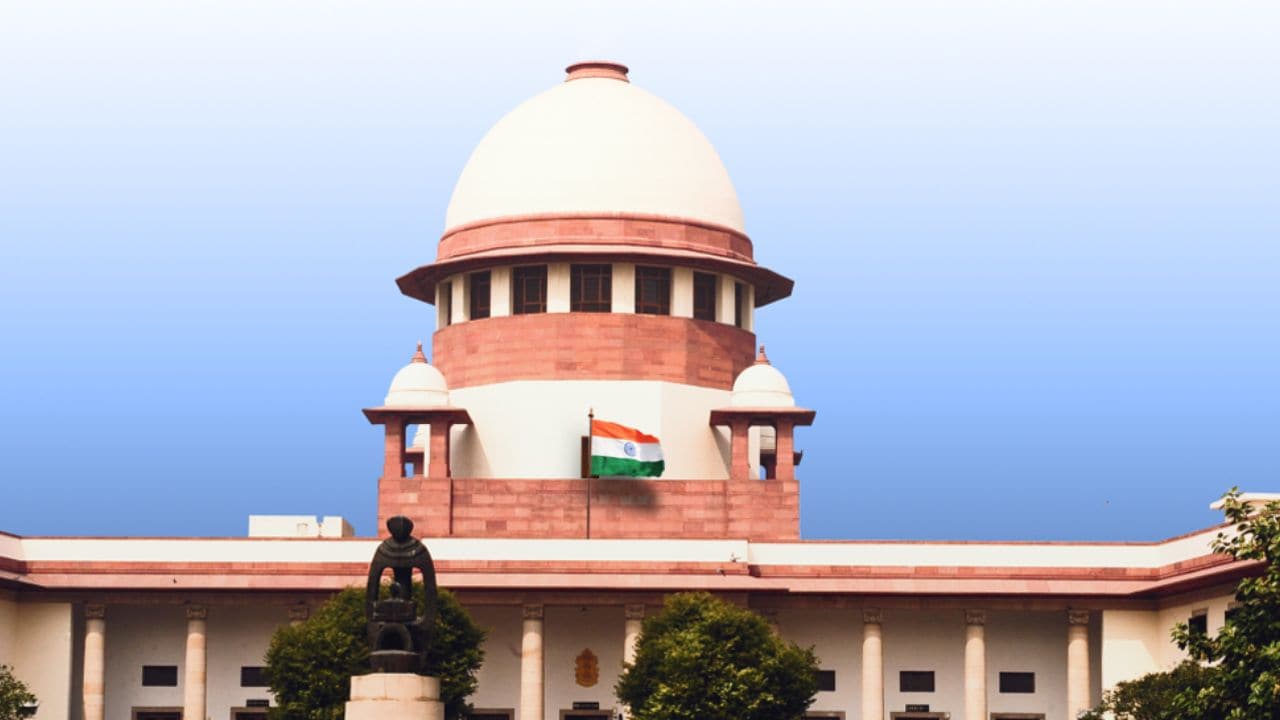During the hearing of the fresh arguments in the Pegasus spyware case, the Supreme Court on April 29 noted that while government use of spyware isn’t inherently objectionable, “its use against members of civil society may warrant scrutiny.”
The remark came in the context of petitioners urging the apex court to make public the findings of the Expert Committee appointed in 2021 to investigate allegations of unlawful surveillance using Pegasus spyware.
During the hearing, petitioners pointed to a recent 2024 judgment by a US District Court that upheld WhatsApp’s allegations against Israeli firm NSO Group, Pegasus, as per CNBCTV-18 report. The US court ruled that NSO Group had unlawfully used WhatsApp’s servers to target and intercept 1,400 devices globally. Petitioners argued that the judgment explicitly identifies India as one of the countries where the Pegasus spyware was deployed, and that WhatsApp itself had disclosed incidents of hacking.
Petitioners contended that this fresh evidence justifies a re-examination of the Expert Committee’s findings, which had earlier stated that while malware was detected on some devices, it could not conclusively confirm if it was Pegasus. With new material now in the public domain, the petitioners urged the court to release the committee’s report. The Centre opposed this demand, stating that disclosure of the report could adversely impact national security and the sovereignty of the country.
The Supreme Court said it may consider releasing the report, but cautioned that it “should not become a matter of discussion on the street.”
Akshat Khetan, Founder, AU Corporate Advisory and Legal Services (AUCL), said, “Supreme Court, in its wisdom, has decided not to disclose the Pegasus technical report, likely keeping in mind national security sensitivities. While the protection of fundamental rights like privacy and free speech remains vital in any democracy, it is equally important to trust that constitutional institutions are acting in the best interest of the nation. Upholding both individual freedoms and national security is a delicate balance and the judiciary plays a crucial role in maintaining this equilibrium.”
The case has now been posted for further hearing on July 30.
The Pegasus controversy first erupted in 2019 and escalated in 2021 with global media investigations revealing that Pegasus spyware may have been used to target a wide array of Indian citizens, including politicians, activists, and media professionals. The surveillance, if proven, would constitute a violation of the constitutional right to privacy, upheld by the Supreme Court in 2017.
